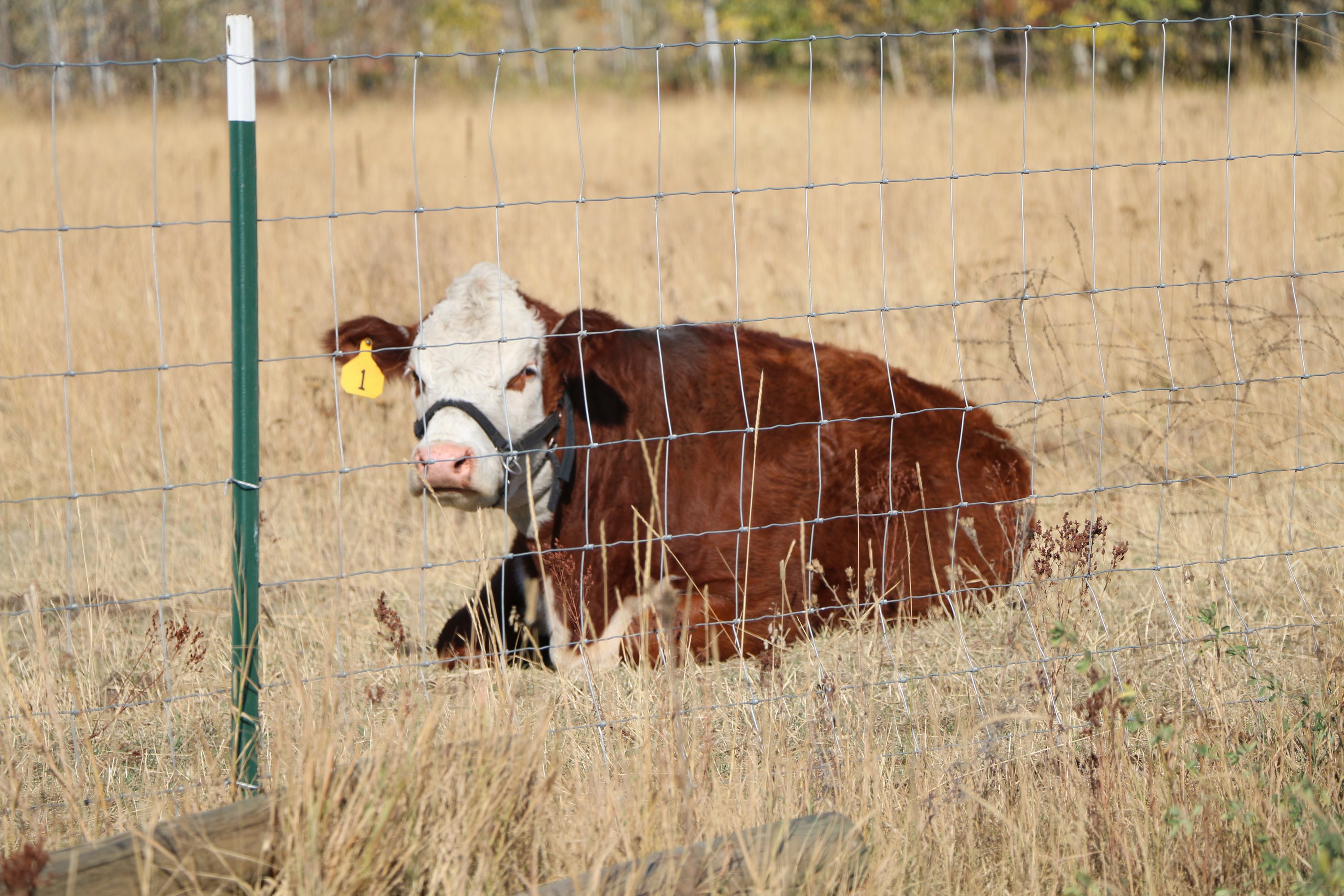#27 Selling Beef, Pork, Lamb, Goat and Other Meat
Growing consumer demand for local, natural, grass-fed, and organic meat creates new opportunities for producers. Selling beef, pork, goat, and other meat as “Custom-exempt” is a common option. However, selling USDA-inspected meat is a significant challenge, due to the loss of local processing infrastructure. Producers will want to consider their customer desires, market opportunities, and their own business goals when navigating the options for meat processing and sale.















